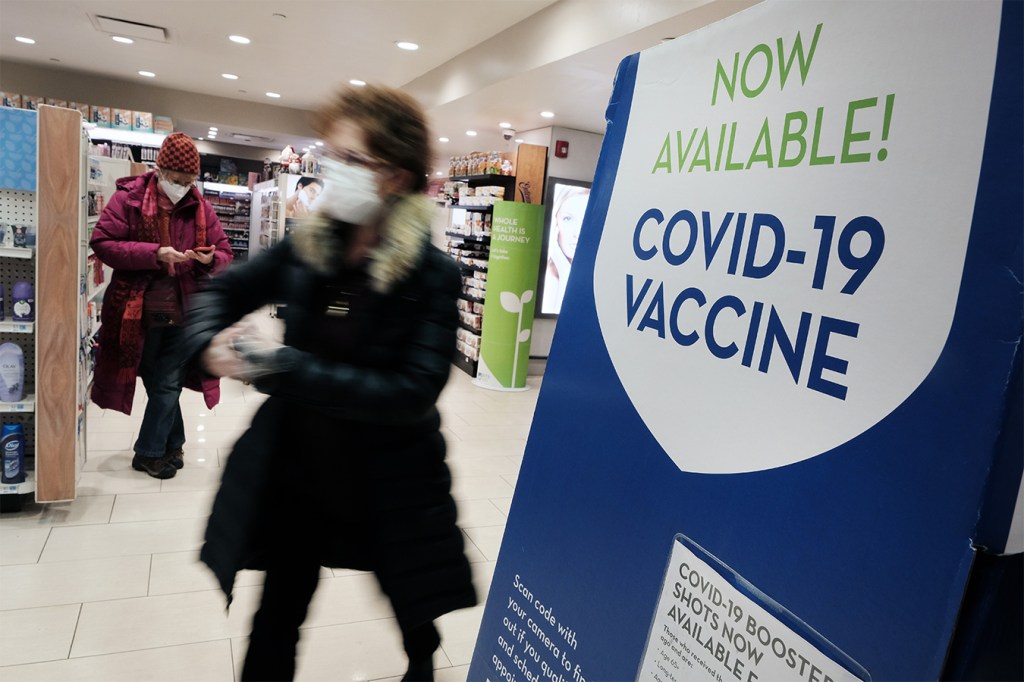More than half of all practicing physicians show signs of burnout, studies show. Contemporary physicians face tremendous pressures due to a confluence of factors, including balancing heavy patient loads within constrained schedules, the increasing complexity of health problems, and burdensome COVID-related documentation requirements.
These circumstances — and more — challenge physician empathy, and even to some extent dampen it. Multiple research studies document a decline in empathy that appears to begin in the third year of medical school and persists during residency — and the pandemic has exacerbated this deterioration.
In the past, empathy rebounded after the rigors of training were over, but today, empathy needs to be refreshed to help both patients and providers. Physicians who lose sight of the meaning, purpose, and rewards of their roles in patients’ lives suffer more from burnout than those who remain connected to their purpose.
In response to patients’ pleas for more empathic care, as well as national media headlines calling for more compassion in medicine — both of which have been growing since about 2005 — empathy training courses grounded in the neuroscience of emotions and emotional intelligence can be helpful. In fact, recent neuroscience research on the brain’s plasticity in upregulating and downregulating empathy provided evidence that empathy could be taught.
The research team in the Empathy and Relational Science Program at Massachusetts General Hospital in Boston conducted a study of the effectiveness of the three 60-minute empathy training courses in physicians. The investigators found statistically significant improvement in patient perception of physician empathy on a validated and reliable empathy rating scale called the “CARE measure.”
Another study by the same team showed that empathic physician behaviors resulted in higher ratings of both physician warmth and competence.
One of the most frequently asked questions about empathy training is, “Doesn’t this just add even more time to a busy doctor’s day?” Actually, it does not. Empathic care does not have to take more time. Courses on empathy training help healthcare professionals detect subtle emotional cues and nuances that indicate patient concerns so they can be addressed right away.
In addition, when physicians convey empathy, they put patients at ease, increasing trust in the provider-patient relationship. This creates a dynamic that ensures that small problems are addressed before they become bigger. Multiple studies have demonstrated that better medical outcomes are also correlated with strong empathy and relational skills.
Empathy training offers many benefits. Courses based on empathy research and principles provide training for each of the following predictors of risk of increasing medical professional liability claims:
- Physicians’ uncaring attitudes, attitudes of superiority, or callousness
- Communication failures including not listening, interrupting, or not being clear about availability or backup coverage
- Disparagement of previous care
- Failure to learn and manage patient expectations
Physicians can learn how to perceive patient emotions, manage difficult interactions, and communicate bad news. Empathy education teaches how to respond with compassion even in challenging situations such as informed consent conversations and inter-team conflicts.
In addition to greater patient satisfaction, doctors also discover the personal satisfaction that connecting with their patients in a more meaningful way provides. “After empathy training, I feel that I like my work again, and instead of resenting all the demands, I’m remembering why I chose this profession in the first place,” one physician reported.
Interviews and research around empathy-based practices reveal that greater empathy not only improves patient satisfaction but also helps reduce physician burnout and improve physician job satisfaction. By using empathy-based skills, physicians, nurses, and other providers become more attuned to the needs of patients and their families, thus improving communication between providers and patients.
More empathic conversations will enable patients to trust their care to physicians who are confident in their skills without demeaning prior care the patient may have received. Patients will appreciate physicians who explain things clearly, ask about and understand their expectations, and form alignment about what is desired, likely, and possible.
In summary, through empathy-based training, physicians and other healthcare providers can learn the skills to have honest informed consent discussions without causing undue fear, while also preparing patients for all possible outcomes. Empathic skills make for better physicians, better communications, and better conversations.
With a strong alliance, a reduction in medical professional liability claims is the result of increased trust, better understanding and expectations of all possible outcomes, and knowledge that physicians deeply care about their patients — because, when it comes to healthcare, empathy matters.
Helen Riess, MD, is a psychiatrist and director of the Empathy and Relational Science Program at Massachusetts General Hospital in Boston.
This post appeared on KevinMD.
Note: This article have been indexed to our site. We do not claim ownership or copyright of any of the content above. To see the article at original source Click Here













